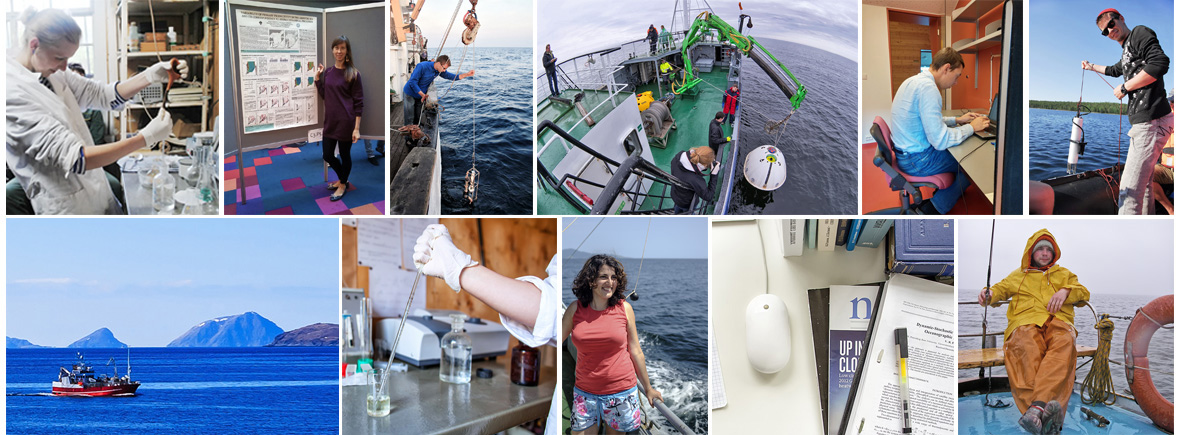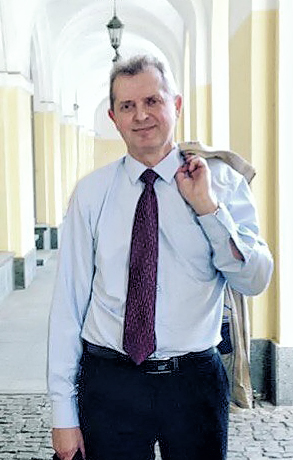
During in recent decades, a rapid progress in oceanographic instrumentation and in methodologies of ocean data analysis provided us with a new, more representative ways to study the ocean, but simultaneously increased requirements for training of marine scientists. We developed the master program “PHOBOS” to meet challenges of the modern requirements of science and potential employers for skills and competencies of the graduates oceanographers. “PHOBOS” is designed to provide an in-depth training for bachelors and specialists in various fields: oceanographers, hydrologists, meteorologists, climatologists, geographers, geomorphologists, marine biologists, ecologists, mathematicians, physicists, specialists in informatics, and others.
The program “PHOBOS” is based on the understanding that spatial and temporal variability of marine biotic fields is tightly linked to physical processes in the ocean, and that life in the ocean exists in the framework of continuous interactions of physical, chemical and biological processes. The master program presents a comprehensive study of oceans and seas in the context of the ongoing climate change, of increasing anthropogenic pressure and of the economic crisis. Therefore, our graduates are capable of solving a wide range of scientific and applied problems, including use of oceanic natural resources, study of current and future state of marine water bodies, research on changes of the marine environment due to human activities.
To implement “PHOBOS” we have assembled leading scientists in the fields of Oceanography and Marine Ecology, and hope that their high credibility, expertise and scientific achievements allow our students to become highly qualified specialists, who will take active part in further development of fundamental and applied science and engineering.
Eugenyi Zakharchuk,
the head of the master program “PHOBOS”,
Doctor of Sciences, Professor,
Head of the Department of Oceanography, St. Petersburg State University,
Director of Saint Petersburg branch of N. N. Zubov’s State Oceanographic Institute.
Mission
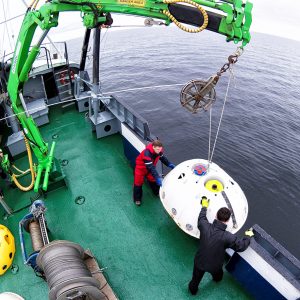 The mission of the program is to train highly qualified specialists in physical oceanography and in the related applied areas of satellite oceanography, fishery oceanography and marine ecology.
The mission of the program is to train highly qualified specialists in physical oceanography and in the related applied areas of satellite oceanography, fishery oceanography and marine ecology.
The graduates of the MS program “PHOBOS” acquire strong theoretical foundation and extensive research experience in various areas of oceanographic research. A particular attention is paid on methodologies of processing and analysis of in-situ and remote sensing data for a number scientific and practical purposes, as well as on numerical modelling of physical, chemical and biological processes for a wide range of space-time scales.
Uniqueness of the Program
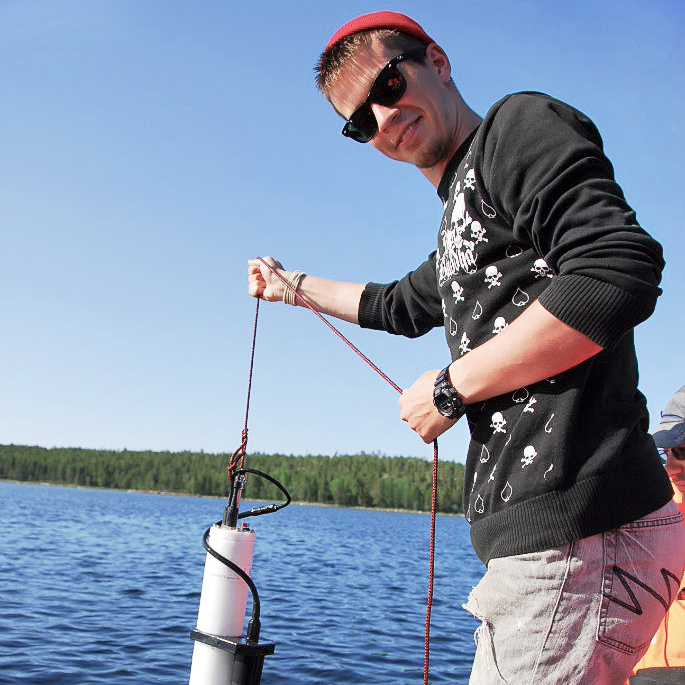 The Master’s program “PHOBOS” is developed in the Institute of Earth Science (the Saint-Petersburg State University – SPSU), where extensive geographical, geological, geophysical research are carried in a close cooperation with biological and ecological departments of the University. This assures a unique interdisciplinary nature of the educational program. The program includes, but not limited to, various topics of oceanography, meteorology, biology, ecology, geology etc.
The Master’s program “PHOBOS” is developed in the Institute of Earth Science (the Saint-Petersburg State University – SPSU), where extensive geographical, geological, geophysical research are carried in a close cooperation with biological and ecological departments of the University. This assures a unique interdisciplinary nature of the educational program. The program includes, but not limited to, various topics of oceanography, meteorology, biology, ecology, geology etc.
The Master’s program implies individual training plans. It includes a number of optional courses, as well as various modules for interpretation of results of observations for analysis of various oceanographic processes.
The students get an opportunity of acquiring unique skills, working with the most modern research equipment in various “Resource centers” of the SPSU, as well as in a number of Russian and foreign research centers of excellence. More…
Scientific priorities of the program
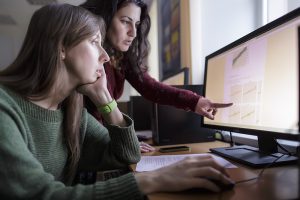 Development of remote sensing methods of the Earth surface has opened a new era in the World Ocean studies, allowing researchers to step forward from analyses of a limited set of single point measurements to analyses of spatio-temporal variability of gridded oceanographic fields on regional and global scales. During recent decades, satellite data has become indispensable in solving different issues of basic and applied marine research.
Development of remote sensing methods of the Earth surface has opened a new era in the World Ocean studies, allowing researchers to step forward from analyses of a limited set of single point measurements to analyses of spatio-temporal variability of gridded oceanographic fields on regional and global scales. During recent decades, satellite data has become indispensable in solving different issues of basic and applied marine research.
Today many of World-known scientific centers comprise various modern laboratories, which process and analyze a variety of satellite data for a wide range of end-users. At the same time, a choice of appropriate methodologies for efficient analysis or assimilation of huge sets of satellite data remains an issue.
In the course of the Master’s program “PHOBOS”, students get acquainted with details of modern remote sensing databases, advanced standard and original methodologies of data-processing, statistical analysis of various oceanic parameters and their hydrodynamic interpretation. More…
Process of education
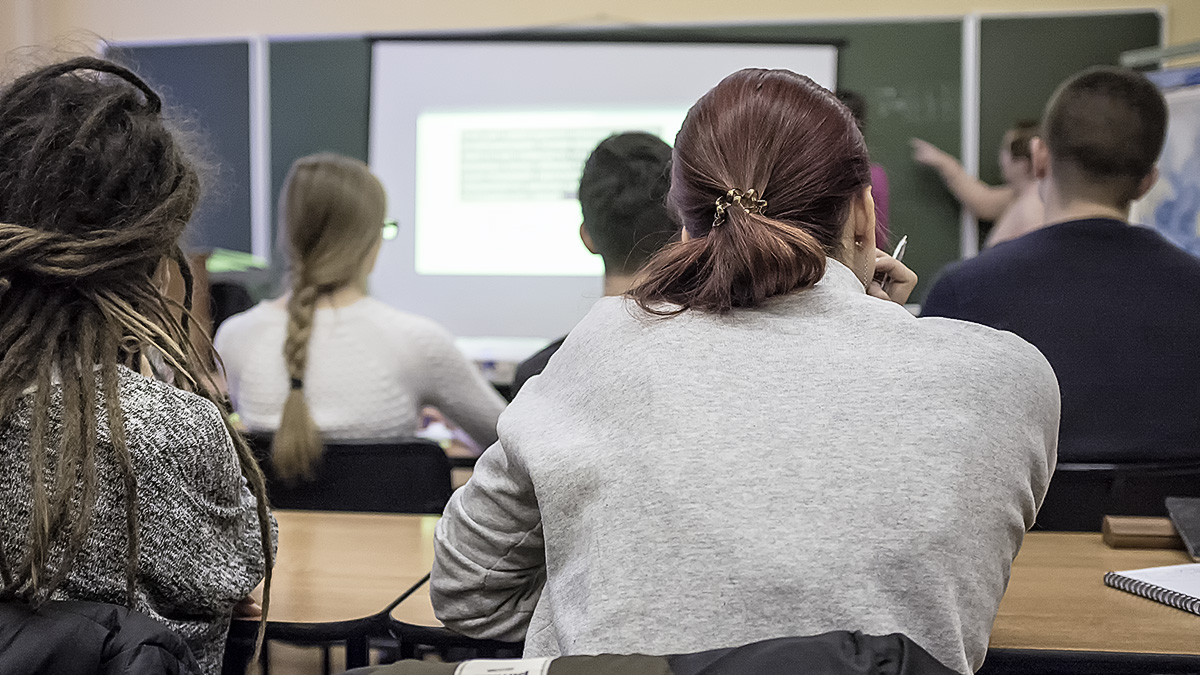 The master program includes disciplines of general and professional educational cycles, pedagogical and research experience during practical classes, research cruises, traineeships in Russian and foreign research centers, as well as during work on the master’s thesis. This approach permits students to be incorporated in scientific research of the University from the first days of their studies. Our best students present their results at various international and national conferences, publish their research as scientific articles, get scientific awards and research scholarships.
The master program includes disciplines of general and professional educational cycles, pedagogical and research experience during practical classes, research cruises, traineeships in Russian and foreign research centers, as well as during work on the master’s thesis. This approach permits students to be incorporated in scientific research of the University from the first days of their studies. Our best students present their results at various international and national conferences, publish their research as scientific articles, get scientific awards and research scholarships.
Students specialize in various scientific fields by taking courses of specialized professional disciplines. Optional courses and the master’s research work form an individual educational trajectory for every student. Selection of their individual training trajectories are designed by students independently or with assistance of his/her scientific advisor or professors of the program. More…
What will you learn?
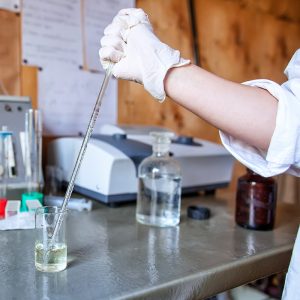 Our graduates acquire the following skills and competencies:
Our graduates acquire the following skills and competencies:
– to assess and forecast changes of oceanological and environmental states of marine ecosystem, to estimate biological and fishery productivity of the seas and the oceans; to develop strategies of sustainable usage of oceanic resources and coastal waters; to develop protective measures of natural and ecological disasters in the oceans and seas, to assess an impact of anthropogenic influence on marine ecosystem; to plan, organize and carry out marine research cruises and to use modern equipment; to use modern hydrometeorological databases, computer systems and network technology, methods of numerical hydrodynamic modeling of oceanological processes More…
Expeditions and internships
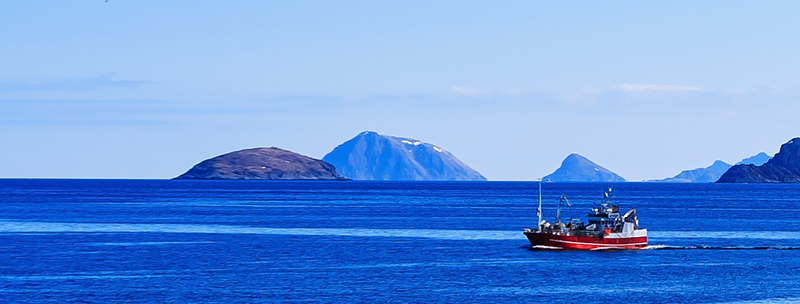
Our students take part in scientific practice and in research cruises in different parts of the World Ocean, including the Arctic and the Southern Ocean. The students also have a possibility to take part in academic exchange and internships in cooperation with foreign partner-universities. All this helps young oceanographers to increase their scientific prospective, to make acquaintances with new colleagues, which often leads to joint research projects. More…
Future careers
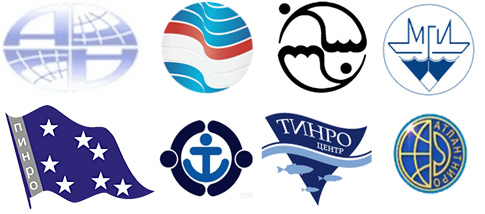 The main employers, which expressed interest in graduates of the program PHOBOS are scientific and research institutes of the Russian Academy of Sciences,scientific and research institutes and the regional departments of the Federal Service of Hydrometeorology and Environmental Monitoring (Roshydromet), scientific and research institutes of the Federal Agency of Fishery,commercial fishing companies. More…
The main employers, which expressed interest in graduates of the program PHOBOS are scientific and research institutes of the Russian Academy of Sciences,scientific and research institutes and the regional departments of the Federal Service of Hydrometeorology and Environmental Monitoring (Roshydromet), scientific and research institutes of the Federal Agency of Fishery,commercial fishing companies. More…
